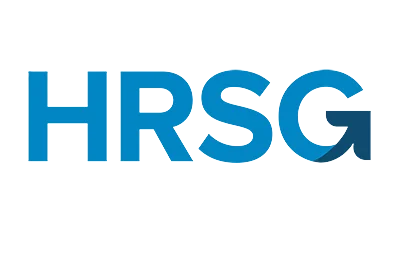Up-skilling has turned into a necessity for employees, businesses and become a primary focus of HR functions in today’s fast-paced, and constantly evolving job market. A positive return on investment (ROI) can result from investing in your employees through up skilling initiatives, which have numerous advantages. Here are five ways up skilling employees can potentially help with your business operations.
Better Retention of Employees
Lack of opportunities for professional growth and development is among the main reasons employees leave their jobs. By giving employees the resources and tools, they need to develop their skills and take on new challenges within the company, like daily HR functions can include up skilling programs that can help address this problem. As a result, there may be an improvement in employee retention rates as well as an increase in job satisfaction and engagement.
Employees are more likely to stay with a company for a long time if they feel valued and cared for by their employer. Given how expensive it can be to find and train new employees, the business could experience significant cost savings as a result.
Here are a few ways by which this can be made possible;
- Providing financial incentives; by providing bonuses, raises, rewards and other financial increments.
- Creating a healthy work environment.
- Allowing employees flexibility in their work approach.
- Giving employees more freedom.
- Appreciating employees.
- Teaching employees more skills.
All of the aforementioned approaches help motivate an employee do their best every day, alongside with providing them an initiative to do so as well. You are essentially communicating that you will reward an employee if they stay with you, and they will be accorded financial increments as well as growth. And not dreading going into work each day.
HR Functions Up-Skilling Programs
Initiatives aimed by daily HR functions of businesses, at improving employees’ skills can also boost their output. Employees can work more effectively and efficiently by being given the knowledge and skills they need to do their jobs. As a result, output may increase significantly and mistakes may decrease.
Additionally, up skilling workers can give them a competitive advantage by keeping them abreast of the most recent business trends and technologies. They could bring fresh perspectives and methods to their work, which might spur creativity and boost productivity.
Here’s how you can assist employees in learning more skills;
- Have them shadow a senior co-worker
- Conducting specialized in-house training.
- Sending employees for special training to a different institution.
- Providing employees with subscriptions to e-learning platforms that specialize on courses that the employee is interested in.
Increased Productivity
HR Functions up-skilling programs can result in more productive workers as well as more talented ones. Employees can acquire the abilities and knowledge required to carry out their jobs to the best of their abilities by being given opportunities for training and development. As a result, there may be higher-quality goods or services, which might result in happier and more devoted customers.
Additionally, when workers are confident in their skills and competence, they are more likely to take responsibility for their work and pursue excellence. A culture of constant improvement may result from this, which may promote business success.
Increased risk management
Businesses can manage risk more successfully by up skilling. Employees can help avoid costly errors or incidents by giving them the knowledge and skills they need to identify potential risks and take appropriate action. Employees, for instance, who are trained in cyber security best practices, can aid in preventing cyber-attacks or data breaches that might cause sizable monetary losses or reputational harm.
Additionally, businesses that invest in up skilling can better adapt to market and regulatory changes. Employees, for instance, who have received compliance training, can assist in ensuring that the business complies with legal requirements and avoiding expensive fines.
Employer branding that is positive
Lastly, businesses can enhance their employer branding by investing in skill development. Workers are more likely to recommend their employer favorably to others when they feel valued and invested in. As a result, the business may develop a favorable reputation and attract top talent more easily.
Additionally, companies that provide opportunities for up skilling can establish themselves as leaders and innovators in their respective fields. By doing this, they can differentiate themselves from rival businesses and draw in clients who appreciate companies that support their workers.
Conclusion
In conclusion; up skilling can significantly improve businesses’ bottom lines. Businesses can increase productivity, raise the standard of their work, better manage risk, and enhance their employer branding by making an investment to drive growth and success of their staff. In order to succeed, businesses should think about including up skilling initiatives in their overall plan.






